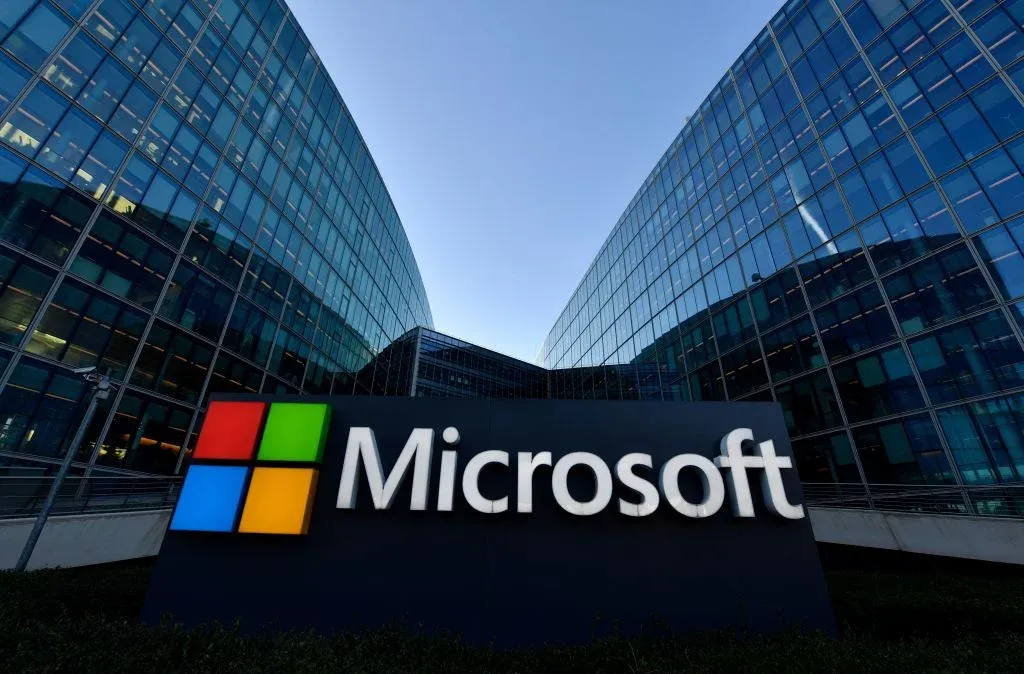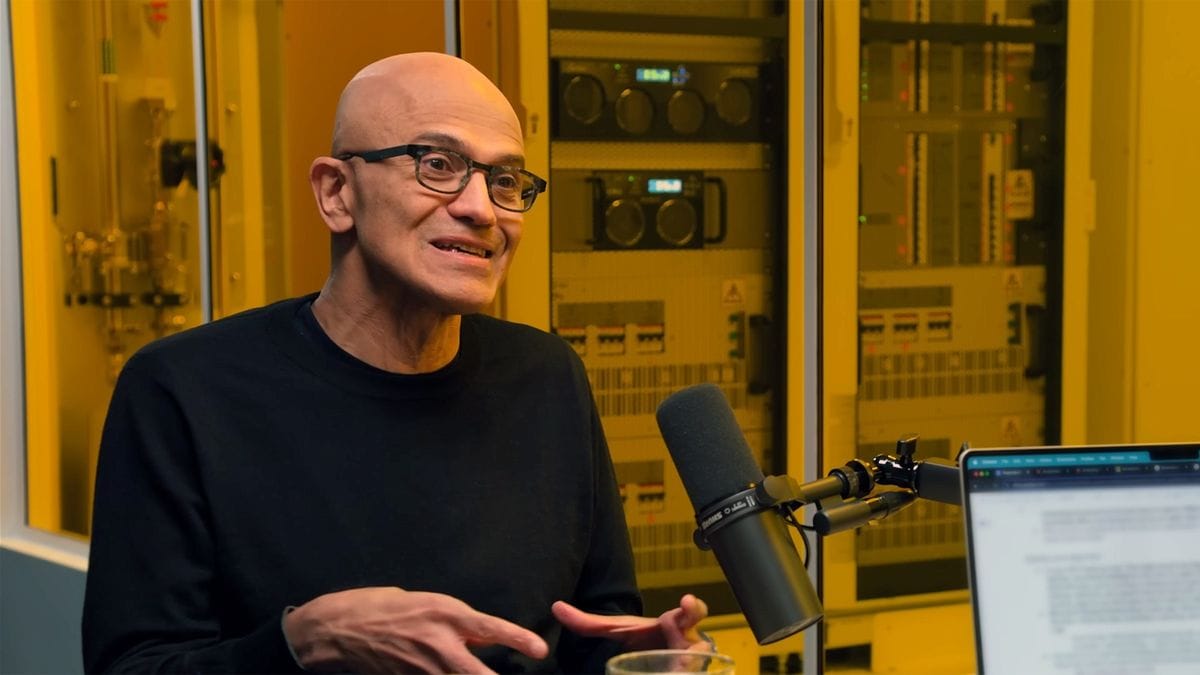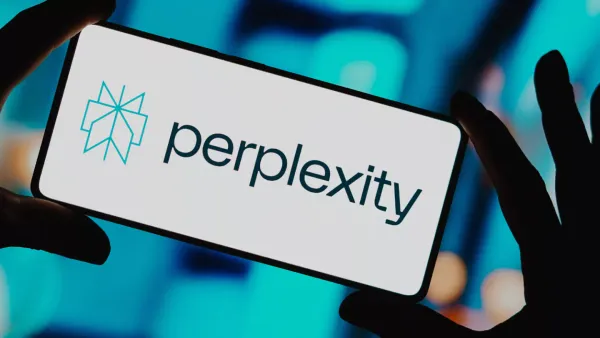Microsoft Pulls Back from 200MW Data Center Leases: TD Cowen
TD Cowen attributes Microsoft's pullback to facility and power delays, comparing it to a similar move made by Meta in 2022 when it canceled several data center leases related to the metaverse.

Microsoft has reportedly withdrawn from data center leasing agreements totaling 200MW, according to a recent report. The analysis further indicates that Microsoft has canceled data center leases in the U.S., totaling "a couple of hundred MWs" with at least two private data center operators.
Additionally, the company has scaled back efforts to convert "500’s" (precursors to signed leases) and has reallocated a significant portion of its international spending to the U.S.
TD Cowen attributes Microsoft's pullback to facility and power delays, comparing it to a similar move made by Meta in 2022 when it canceled several data center leases related to the metaverse.
The report further states that Microsoft has slowed the conversion of negotiated and signed Statement of Qualifications (SOQs) into finalized leases. However, it is unclear whether this is a delay or an outright termination.
Analysts also highlighted Microsoft's shift in focus from international data center projects to domestic U.S. investments, signaling a potential slowdown in international leasing.
In the report's conclusion, TD Cowen notes that while Microsoft was the most active lessee of data center capacity in 2023 and the first half of 2024—driven in part by OpenAI workload forecasts—the company has paused construction on a data center in Wisconsin.
This project was originally intended to support OpenAI, suggesting that Microsoft may have excess data center capacity in certain areas, particularly where capacity is not interchangeable with cloud infrastructure.
This reallocation aligns with Microsoft’s broader investment plans, with the company set to invest $80 billion in AI-focused data centers by 2025.
In a recent interview, CEO Satya Nadella indicated that Microsoft anticipates an "overbuild" of AI infrastructure and will be "leasing a lot of capacity in ’27, ’28."
Despite pulling back from some agreements, Microsoft reaffirmed its commitment to continued growth, with plans to spend over $80 billion on infrastructure this fiscal year.
During an appearance on podcaster Dwarkesh Patel's show earlier this month, Microsoft CEO Nadella hinted that AI is offering no real value to enterprises.

Nadella Urges Focus on AI's Real-World Value Over Fantastical Ideas like AGI
Nadella has called for a shift in focus from chasing the lofty ambitions of artificial general intelligence (AGI) to evaluating AI based on its real-world economic impact. Nadella argues that the true value of AI will become evident when it starts generating measurable value and driving growth.
According to Nadella, the real benchmark for AI’s success lies in its ability to contribute to the economy, similar to how the Industrial Revolution spurred global economic growth. He stated, "The world growing at 10 percent... Suddenly productivity goes up, and the economy grows at a faster rate. When that happens, we'll be fine as an industry."
However, Nadella also pointed out that AI has yet to demonstrate significant economic acceleration. Despite AI's rapid advancements, such as OpenAI’s flagship technologies, they remain slow and require constant human supervision, further underlining the gap between current AI capabilities and industry expectations.
Nadella's pragmatic approach comes as a counterpoint to the hype surrounding AGI, a key focus for OpenAI. While Nadella acknowledges the potential of AI, he admits that generative AI has yet to prove its value. The economy, he notes, hasn't shown signs of major acceleration due to AI.
Despite significant investments in AI by tech giants like Microsoft and OpenAI, the results so far are far from revolutionary. The industry faces challenges such as technical flaws in AI systems, including frequent "hallucinations" that limit AI's application in critical functions, as well as growing cybersecurity concerns.
Nadella's recent podcast appearance serves as an attempt to recalibrate expectations, calling for a more grounded, real-world approach to assessing AI’s potential rather than getting caught up in speculative hype.



